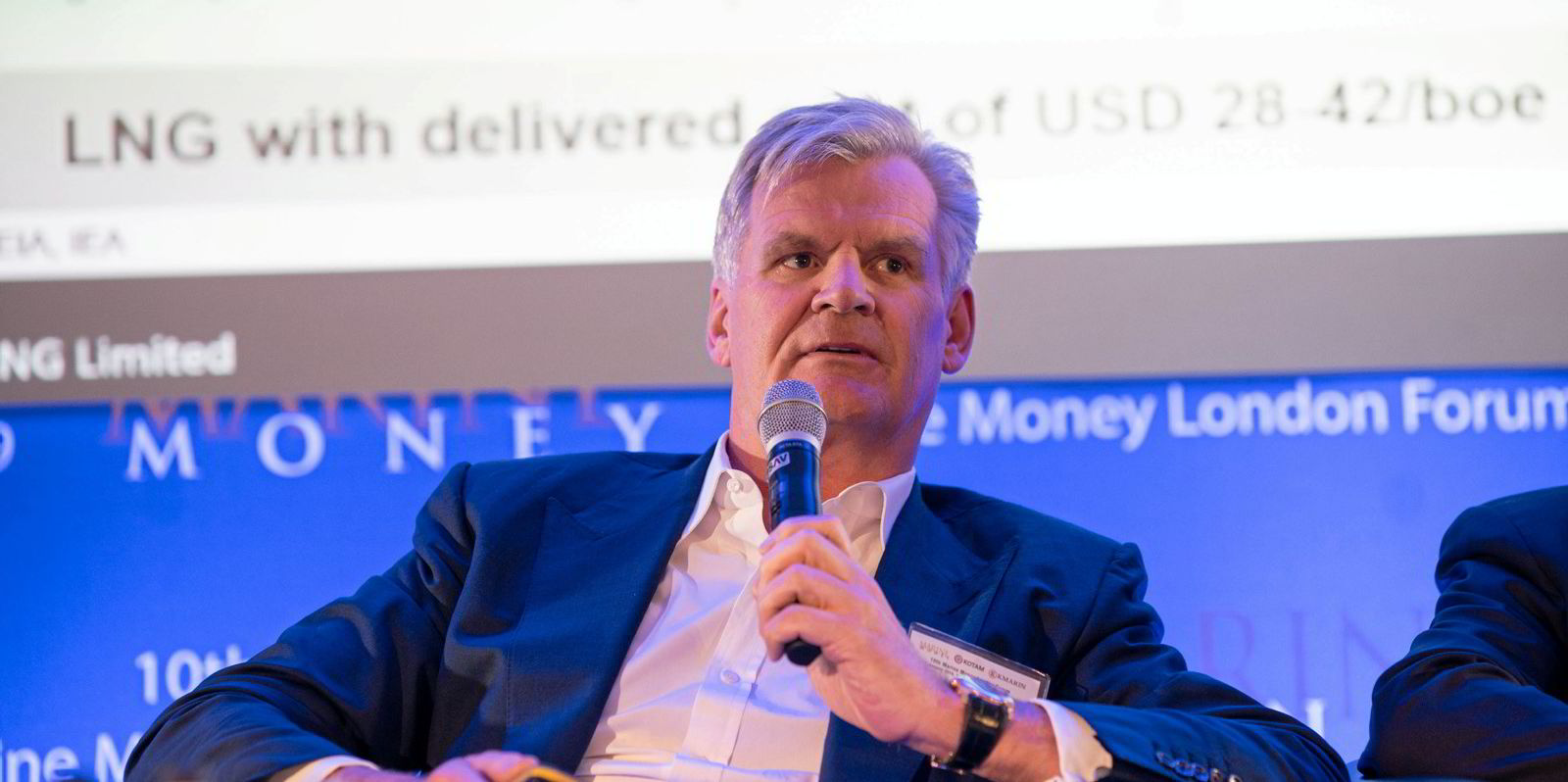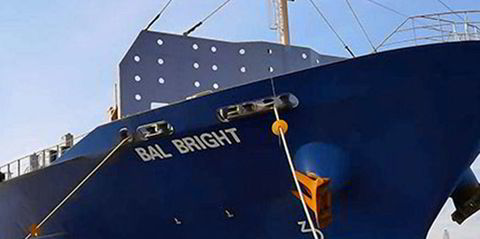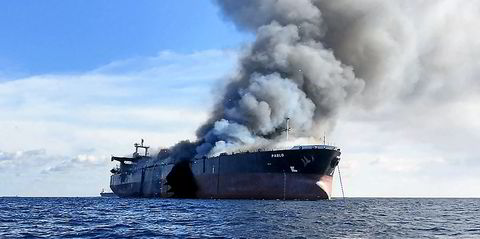Tor Olav Troim’s eco bulker start-up Himalaya Shipping has received credit approval for sale-and-leaseback financing covering its final eight new eco bulkers.
And the Euronext Growth-listed company said it has this month completed lease finance for the first four LNG-powered newcastlemaxes on order at New Times Shipbuilding in China for delivery from 2023.
The dual-fuel ships will be chartered back on seven-year bareboat contracts that include purchase options.
Financial terms have not been disclosed, nor have the leasing companies been named.
The latest leaseback deals will cover the remaining newbuilding instalments on the final eight bulkers.
The company has also decided to increase the size of the low-sulphur fuel oil (LSFO)/gasoil tanks on the vessels to 4,750 cbm, in order to offer maximum flexibility for trading.
Himalaya said: “The new tank design means the vessels can do a full round voyage Brazil-China, both on LSFO and LNG. This significantly increases the flexibility of the ships, and will make the company able to fully benefit from the lowest cost fuel,” the company added.
Current LNG prices are high due to strong demand from Asia, and the tension in eastern Europe, the shipowner said.
Long-term LNG prices are however trading at a discount to LSFO. Based on current LNG and LSFO forward prices for 2025 to 2027, the fuel savings on the ships running LNG would equate to between $3,000 and $4,000 per day, Himalaya has calculated.
On top of this comes the CO2 benefit, with emissions expected to be cut by 40% compared to similar types of vessels running on conventional bunkers.
Bargain vessels?
Himalaya is paying $68.8m each for the ships, including a dual-fuel system worth about $15m.
The most recent dual-fuel capesize newbuilding ordered by a Japanese owner, placed at a reputable yard in China, cost $82m for a 2025 delivery.
Himalaya said: “We estimate an additional $4m to $6m needs to be spent in order to get up to a Himalaya vessel size and spec.
“There have also been orders for similar ships in Japan at $90m.”
The company’s net loss in the fourth quarter was $0.5m.




